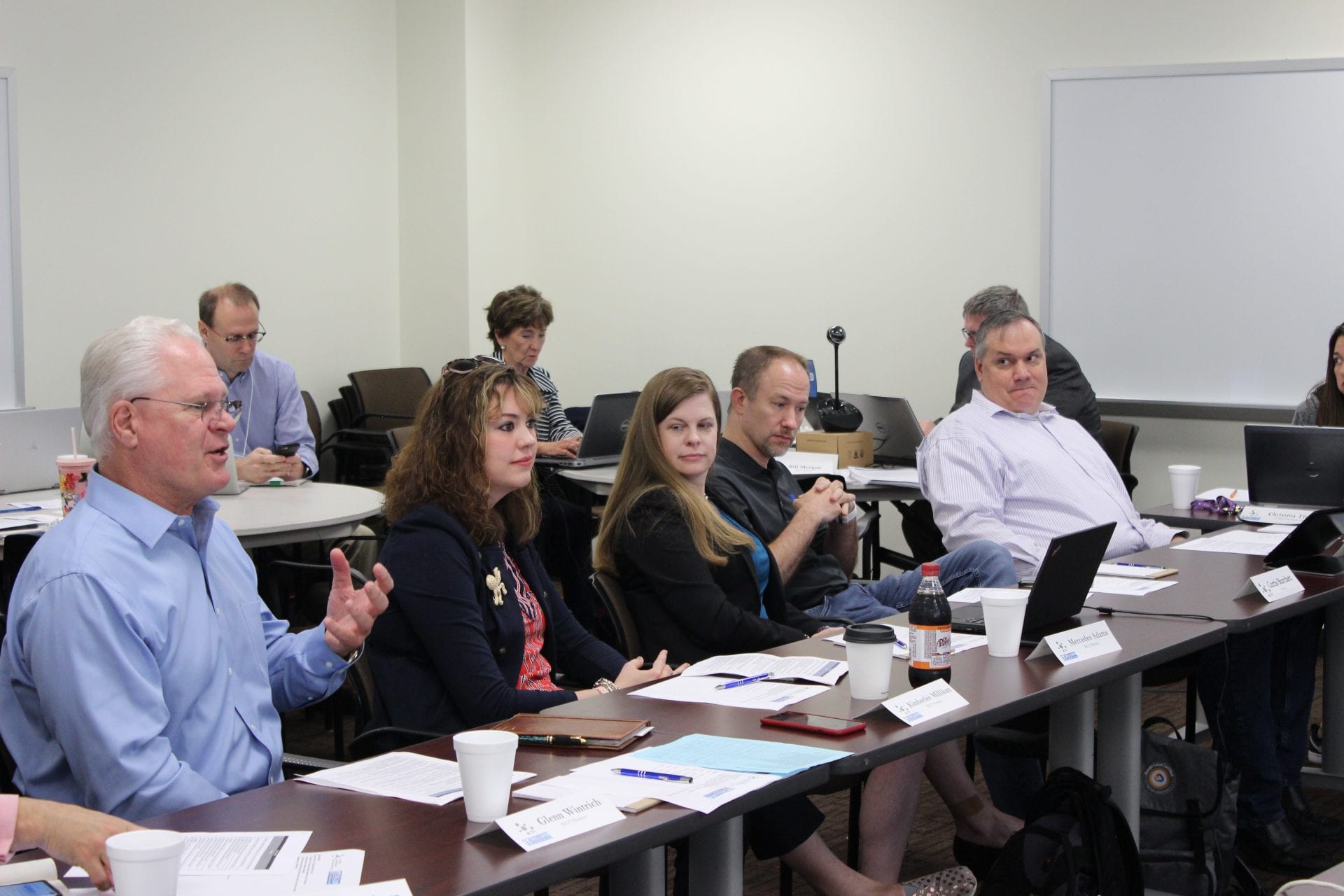Dispatches from an Annual Job Skills Vote Meeting
What useful information have you recently gotten from your business council?
Regular blog readers know very well that the National Convergence Technology Center (CTC) recommends technical programs conduct an annual review of entry-level job skills with their employers. Feedback from that review – which needs to include both discussion and a structured vote on the importance of each skill – can help steer curriculum so that it aligns with workforce needs and teaches students what they need to know to make them employable upon graduation. 
Last month, the CTC convened its Business and Industry Leadership Team (BILT) for a three-hour Zoom meeting to discuss updates to the current KSA (knowledge, skills, and abilities) list – this year, we also included a “T” section on tasks. This BILT meeting happens every May. The updated list is still being finalized and will not be posted on the CTC website until September. But aside from the metrics on which skills were more important and which ones needed tweaking, the meeting – like any good BILT meeting of engaged employers – also fostered robust discussion of overall IT industry trends worthy of dissemination to IT classrooms nationwide.
Below are a few highlights of those sidebar discussions that happened during the voting.
- There may not be sufficient room in IT programs to adequately cover all pertinent laws and regulations, but students need to understand that on the job they’ll need to pay close attention to applicable legal requirements. This may be particularly important for cloud computing that often crosses international boundaries.
- The BILT notes an ongoing business trend of companies moving services into the cloud to reduce headcount, but finding out too late that it’s not always as easy to migrate back out of the cloud. Companies “get stuck” because they don’t fully understand all of the costs involved in moving to the cloud. Even though entry-level workers and new graduates will never be the one making these kinds of decisions, students who may see the cloud “cool and easy” need to know there are unique nuances among the different cloud infrastructures, each with trade-offs and possible complications.
- Linked to that, entry-level technicians must understand the consequences of their choices. One BILT member explained that he teaches his entry-level project managers that their first responsibility is to make sure the project they’ve been assigned makes sense and is truly valuable to the company. Business choices impact business success and profitability. Students need to know how to ask the right questions to understand the problem clearly before developing a possible technical solution.
- The SSCP-to-CISSP pathway is worth considering for students, especially those interested in working for the Department of Defense. The suggestion is that technicians get the SSCP, become an associate, and then begin accumulating the required experience to pursue the CISSP. The BILT notes that Security+ is the minimum certification to allow elevated DoD privileges, while the CISSP that allows the most access.
- A “paper tiger” is someone with a lot of certifications with little practical, real-world experience. One BILT member stated he has always regretting hiring these kinds of people.
- Entry-level workers need to know why containers exist and where they are located, which will be different at every company. In order to troubleshoot what is broken, generalist entry-level technicians need to understand microservices and containerization. That is, students need to be able to “triage the problem” by examining dashboards and understanding where containers and services are located so they know how to correctly escalate problems.
- Entry-level workers will likely execute test cases to make sure the technology is functioning the way it’s intended. That is, the test case has been written and the technician must walk through a standard operating procedure to make sure everything works within specified requirements.
- While Kubernetes and Docker are the two big players in containerization right now, the BILT acknowledges that they do have competitors. In two years, it may be two other industry leaders. Educators should have the flexibility to teach whichever containerization “flavor” makes the most sense in their region and will get them hired.
